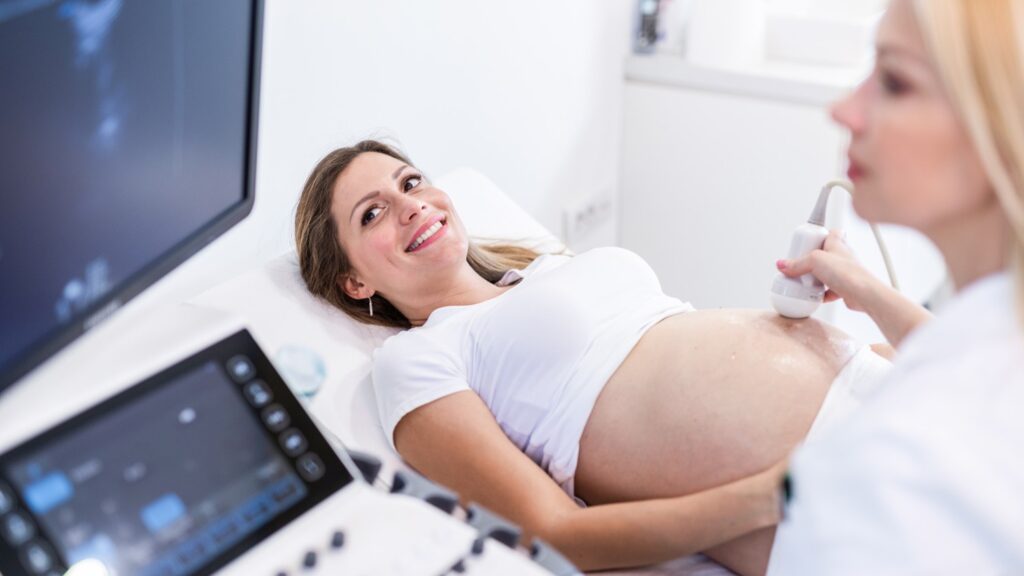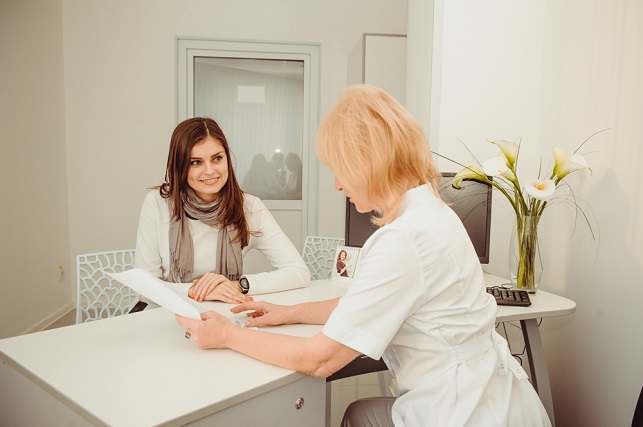More and more women today are choosing to have children later in life. Whether it’s due to education, careers, or waiting for the right partner, motherhood after 38 has become a global reality. But with age comes new challenges—especially when it comes to fertility. So… what are your chances of getting pregnant with IVF after 38?
Let’s take a look at real stories from patients who faced these very same questions—and found answers through personalized fertility treatment.
Why Are Women Having Children Later?
Many women today delay motherhood for very valid reasons:
- Higher education and career goals
- Job insecurity or economic uncertainty
- Changing values around parenting and independence
But while society has evolved, biology still plays by its own rules. As women age, the quality and quantity of eggs decline, leading to higher chances of miscarriage and lower success rates with IVF.
The good news? There are modern solutions—and inspiring success stories.
Case 1: A 41-Year-Old Single Woman Who Preserved Her Fertility Early
Background:
A single woman, 41 years old, with no previous pregnancies. She had done fertility preservation a few years earlier and later tried IUI and IVF with donor sperm, but all resulted in negative outcomes.
Her challenge:
She had a normal BMI and good AMH levels (1.8 ng/ml), but needed better embryo quality.
What changed:
She moved forward with another IVF cycle + PGT-A (genetic testing of embryos). From 12 mature eggs, 7 blastocysts were created. After testing, 2 healthy embryos were identified.
The result:
1 of the embryos was transferred, and… positive pregnancy test!
She is now 23 weeks pregnant.
Her takeaway:
Fertility preservation and PGT-A helped her beat the clock and find success.
Case 2: A Couple Over 40 Who Chose Egg Donation
Background:
A 42-year-old woman with no previous pregnancies and a partner aged 43. She had a partially removed right ovary, and her AMH was very low—just 0.1 ng/ml.
Her challenge:
Despite trying ovarian stimulation at another clinic, only 1 poor-quality egg was retrieved. The chances with her own eggs were slim.
What changed:
After discussing all options, they chose egg donation.
What they did differently:
- A mock cycle to prepare and test the uterus
- Fertilized 10 donor eggs with partner’s sperm
- Achieved 3 blastocysts
The result:
1 embryo was transferred, and the couple is now 4 weeks pregnant
Their takeaway:
Egg donation brought them hope—and results—after their own attempts failed.
Case 3: A 39-Year-Old Woman with 8 Failed Transfers
Background:
This couple had been trying since 2009. The woman, 39 years old, had no children, and her partner, 43, had isolated teratozoospermia (mild male factor infertility). They had already gone through 8 embryo transfers—none successful.
Her challenge:
Despite good AMH (2.47 ng/ml), they faced repeated failure. Something had to change.
What changed:
They decided to:
- Do IVF with PGT-A (but unfortunately all 3 embryos tested were abnormal)
- Move on to egg donation
The outcome:
Using eggs from a 31-year-old donor, they got 5 blastocysts.
They transferred 2 and—🎉 got pregnant! A baby girl was born in 2017.
In 2019, they returned and had another healthy child from their frozen embryos.
Their takeaway:
After years of heartbreak, egg donation gave them a complete family.
So… What Are the Chances of Success After 38?
Let’s be honest: age matters. Egg quality drops and risks rise. But these stories show that hope isn’t lost—as long as you’re open to the right solutions.
IVF Options After 38:
- With own eggs + PGT-A: Helps identify the healthiest embryos
- Egg donation: Offers the highest success rates, even over 40
- Fertility preservation: Freezing eggs early offers flexibility later
- Single embryo transfers: Safer and often just as effective
Things to Check First
Before starting IVF, your clinic will likely test:
- AMH & FSH (to assess ovarian reserve)
- Estradiol, TSH, and other hormones
- Karyotype testing (for you and/or your partner)
- Sperm quality and DNA fragmentation (if male factor is suspected)
This helps create a treatment plan tailored just for you.
Final Words of Encouragement
These stories aren’t just about medicine. They’re about hope, resilience, and timing. No two journeys are the same, and age is not the end—it’s just one factor in a much bigger picture.
If you’re considering IVF after 38, remember:
- Get a full assessment early
- Consider PGT-A if using your own eggs
- Don’t be afraid to explore egg donation
- Stay informed and emotionally supported
Table of Contents




